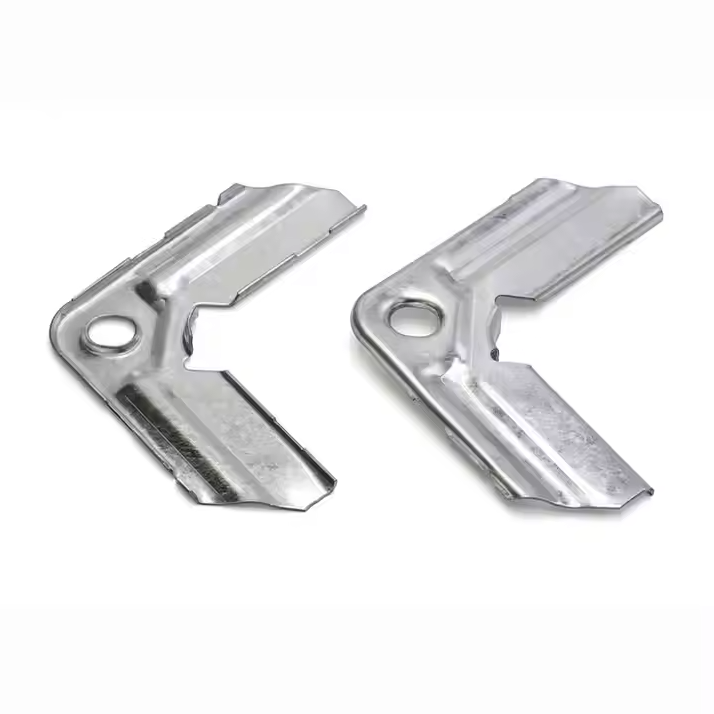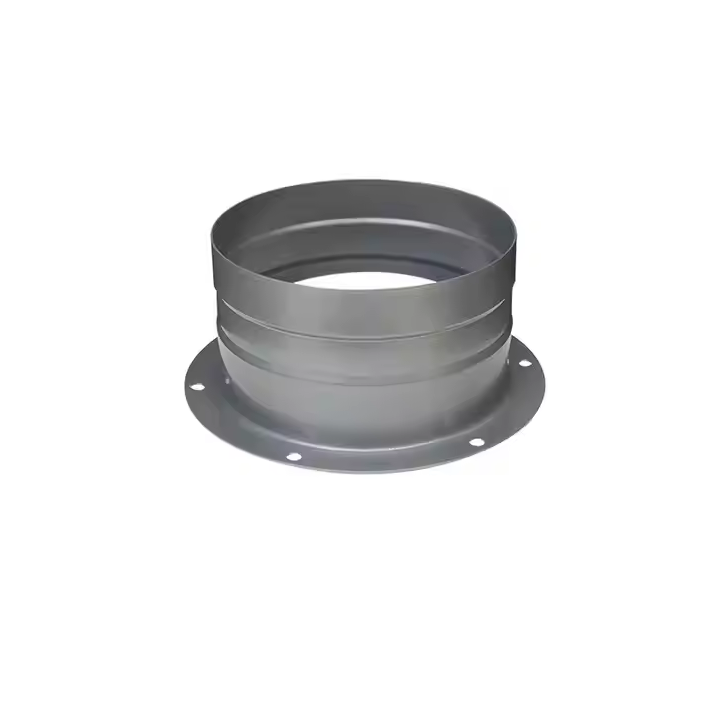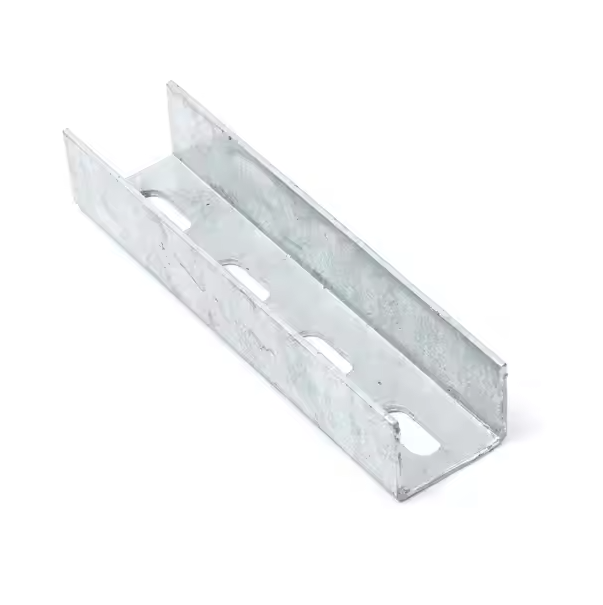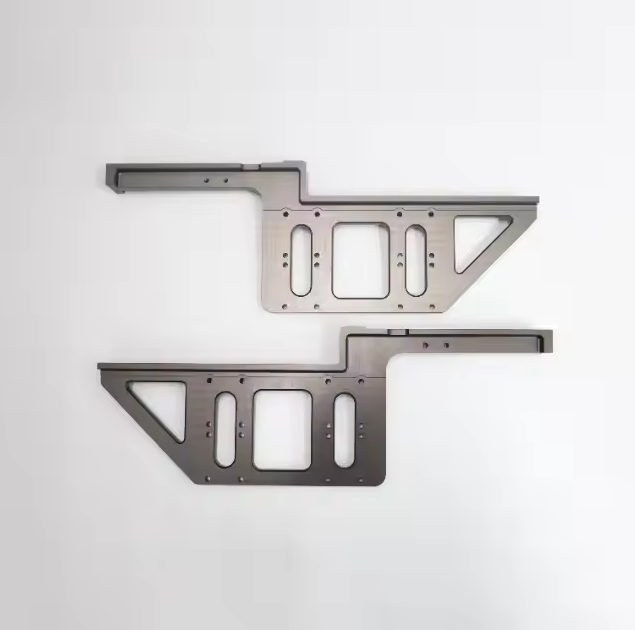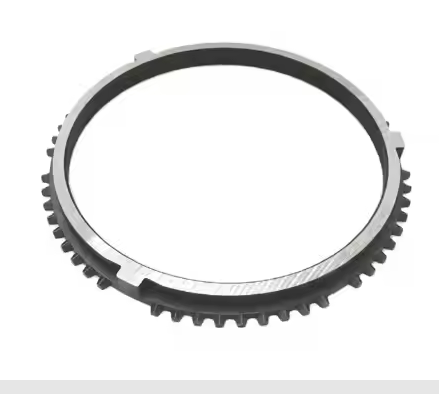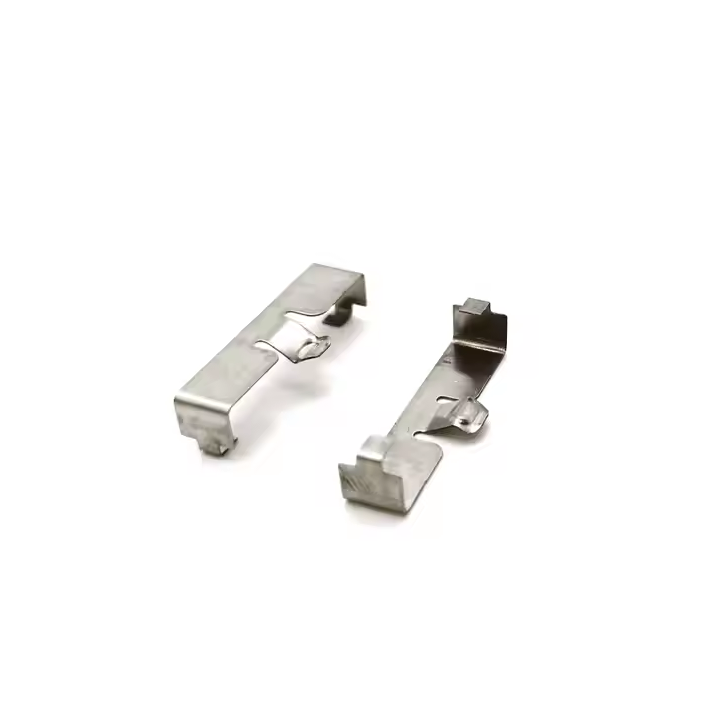Flanges are important connectors for interfaces in modern industry. They have high strength, good sealing and the ability to adapt to different working environments. They are widely used in the connection of various pipelines and equipment. According to different needs, metal flanges have a variety of types and materials to meet the application requirements of different pressures, temperatures and corrosive environments.
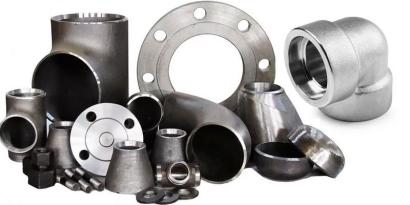
What is a flange
A flange is a disc-shaped component with holes and bolt holes, which connects two pipes, equipment or other components by bolts or welding. It can help withstand the pressure from inside the pipe or equipment and ensure the sealing of the connection. Flanges are usually used with sealing brackets to prevent leakage.
Main functions of metal flanges
Connection function: The connection function of metal flanges can connect multiple pipes, equipment or valves together to form a sealed system.
Sealing function: Metal flanges are usually used with sealing gaskets (such as asbestos gaskets, rubber gaskets, metal gaskets, etc.) to ensure that there is no leakage at the connection and prevent fluid leakage.
Pressure bearing function: Metal flanges are designed to withstand the pressure of the fluid inside the pipeline to ensure the connectivity and safety of the bracket.

Metal flange characteristics
High strength and pressure resistance
Metal flange design can withstand high pressure and ensure the stable operation of pipelines and equipment.
Good sealing
Metal flanges are used in conjunction with sealing brackets to achieve efficient sealing and prevent leakage.
High temperature resistance and corrosion resistance
Metal flanges of different materials are suitable for various gender environments and can be used in high temperature, high pressure and highly corrosive environments.
Installation and sensor
Metal flanges are usually bolted, and do not require installation, sensors and maintenance of pipeline equipment.

Materials of metal flanges
The materials of metal flanges vary according to the specific working environment requirements. Common metal materials are:
1. Carbon steel flanges
Carbon steel flanges are the most common type of metal flanges, with high strength, hardness and good anti-support properties, and are widely used in conventional pipeline connections.
Features: high strength, high pressure resistance, and low cost.
Application: general industrial pipeline systems.
2. Stainless steel flanges
Stainless steel flanges are suitable for environments that require corrosion resistance, such as chemicals, petroleum, and natural gas, due to their good corrosion resistance. Commonly used in industries such as food processing, medicine, and marine engineering.
Features: corrosion resistance and high temperature resistance.
Application: petrochemical, food, chemical and other industries.
3. Alloy steel flanges
Alloy steel flanges are made by adding other elements (such as chromium, molybdenum, nickel, etc.) to enhance the corrosion resistance, high temperature resistance, and fatigue resistance of the myocardium. Commonly used in more erotic high temperature and high pressure environments.
Features: higher high temperature resistance and corrosion resistance.
Application: high temperature and high pressure environments such as oil, natural gas, and power plants.
4. Copper alloy flanges
Copper alloy flanges are often used in areas with high requirements for corrosion and oxidation resistance. Due to its high corrosion resistance, it is often used in seawater piping systems.
Features: strong corrosion resistance and good oxidation resistance.
Applications: seawater, chemical treatment, etc.
5. Magnesium alloy flanges
Magnesium alloy flanges have light weight and good corrosion resistance, and are suitable for some applications that require light weight without losing strength.
Features: light weight and corrosion resistance.
Applications: lightweight equipment, aerospace, automobiles, etc.
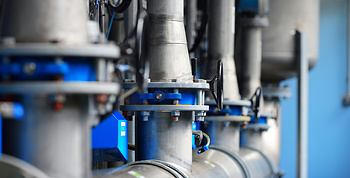
Precautions for installation of metal flanges
Surface cleaning: Before installation, ensure that the surface of the flange connection surface is clean to avoid affecting the sealing effect.
Tighten the bolts evenly: The bolts should be tightened evenly to prevent the flange from deforming or leaking due to uneven force.
Use appropriate gaskets: Select appropriate gaskets according to the material of the flange and the working environment to ensure the sealing of the connection.
Metal flange application areas
Metal flanges have a strong structure and good sealing performance, which can be widely used in many fields.
Oil and gas industry: used for pipeline connection, valve connection, oil and gas transportation, etc.
Chemical industry: used for the connection of various reactors, storage tanks, pipelines, etc.
Power industry: used for the connection of power plants, pipelines, cooling systems, etc.
Building and fire protection systems: used for HVAC systems, fire protection pipelines, etc.
Food and pharmaceutical industry: used for pipeline connection of food processing equipment, pharmaceutical equipment, etc.
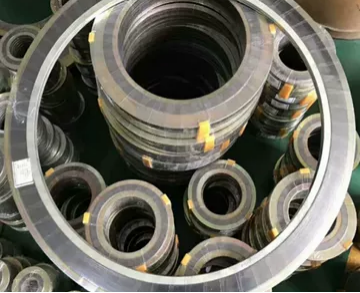
In general, metal flanges, as a basic and key connection element, are of vital importance in industrial systems, whether for equipment connection, pressure bearing or sealing. Through continuous optimization of design and process manufacturing, metal flanges will continue to play an important role in industrial safety and efficiency improvement in the future.
Xuanmin has a complete design process for the production of metal flanges, and customers highly recognize the flanges produced. Contact us to customize your flange solution.
